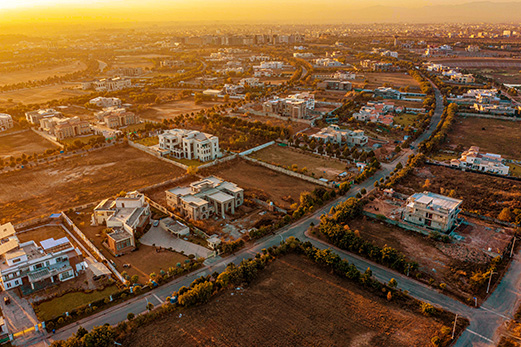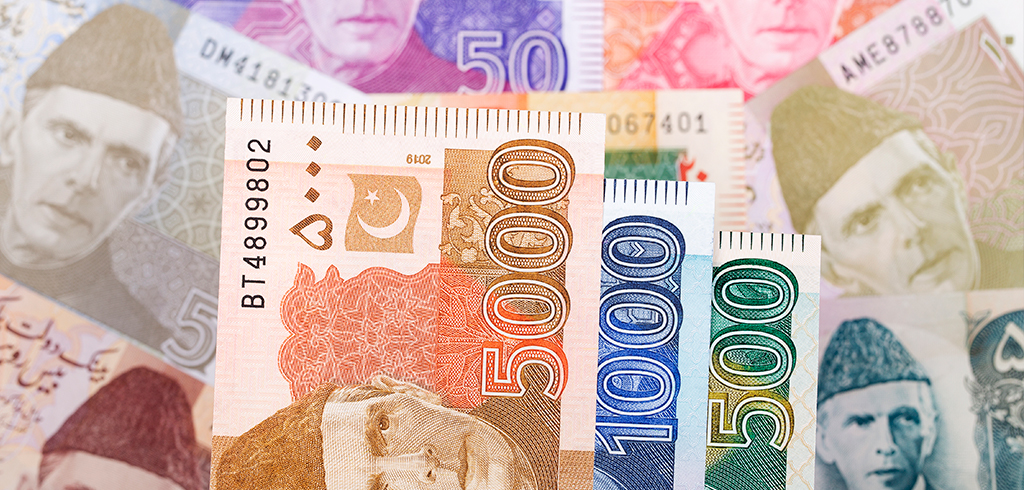Pakistan’s federal budget 2025-26 has landed with a mix of surprise, strategy, and serious consequences. From new tax reforms to softened enforcement measures, it’s clear the government is trying to balance the books, without tipping public sentiment too far. With a large fiscal deficit, growing debt repayments, and pressure from the IMF, the government had little room to breathe.
This year’s budget aims to raise revenue while keeping political costs in check. The FBR’s tax targets for 2025 are ambitious, yet the budget still offers some relief, especially to the salaried class, pensioners, and homeowners. Meanwhile, changes to income tax, withholding tax, and customs duty show a clear shift in direction.
So what’s actually in it? What will pinch your pocket, and what might help it? In this blog, I’ll break down the major tax changes, the rollbacks you probably didn’t see coming, and what all this could mean for you. From the poultry industry to digital transactions, and from property tax rates to solar panel taxes, let’s make sense of the numbers—so you don’t have to second-guess them later.
1. New Tax Measures to Raise Rs. 36 Billion
The government wants to raise Rs. 36 billion in new revenue through focused tax changes. It’s not a huge number by national standards, but it’s a signal. It shows where the government thinks the money is and who they expect to pay more.
Three main changes make up this revenue boost:
- Corporate mutual funds (debt portion): The tax rate has been bumped from 25% to 29%. That’s a hit for institutional investors who leaned on mutual funds for fixed income.
- Income from government securities (corporate sector): The rate jumps from 15% to 20%. That means government bonds are now slightly less profitable after tax.
- Excise duty on poultry: A new Rs. 10 per day-old chick excise duty is expected to bring in Rs. 15 billion. It’s already causing a stir in the poultry industry.
These tax reforms in Pakistan 2025 aren’t just technical shifts. They affect cash flow planning, investment returns, and food prices. Investors will likely look for alternatives. Corporations might shift portfolios. And chicken? It might just get more expensive for everyone.
The FBR tax targets 2025 depend on the precise implementation of these measures. The pressure is now on businesses, especially in sectors where margins were already thin. And for retail investors—especially in mutual funds—the message is simple: it’s time to reassess your returns.
2. Rollback of Original Enforcement Plan

One of the most debated budget items didn’t survive in full. The government had originally planned a hardline tax enforcement push, banning high-value financial activity for anyone not filing income tax. That would’ve been massive.
The plan? No car purchases, no property deals, no big investments—without declared income. But now? That’s all been rolled back.
Instead, enforcement will now only apply to a few categories:
- Cars above 1,600cc
- Property over one kanal in major cities, or two kanals elsewhere
- Cash deposits above Rs. 100 million per year
- Stock market investments over Rs. 50 million annually
- That’s a far cry from the original blanket policy. So why the reversal?
According to the Finance Minister, this U-turn came from direct instructions by the Prime Minister. The reasoning? The FBR lacks the capacity to manage such wide enforcement at this stage.
This rollback has weakened the intended impact of the budget. It was meant to be a serious enforcement year—backed by policy teeth. But this watered-down version leaves many loopholes open.
The bigger issue is credibility. How can the FBR’s tax targets for 2025 be met if such major enforcement plans are scaled back? Experts warn that this selective approach may encourage more non-filers to stay non-compliant.
Yes, there’s some relief for ordinary folks—but it also signals political caution. And politically safe budgets often struggle to meet their financial promises.
3. Key Tax Relief & Exemptions
There’s good news too, especially if you’re a middle-class salaried employee, a pensioner, or someone who’s been holding property for a while.
Here’s what’s in the tax relief for the salaried class in Pakistan:
- If you earn between Rs. 600,000 and Rs. 1.2 million annually, your income tax rate drops from 2.5% to 1%. That’s more cash in your pocket.
- No more withholding tax on residential property if you’ve held it for over 15 years. That rewards long-term ownership.
- Commutation and gratuity payments remain tax-free.
- Pensions above Rs. 10 million per year will now be taxed at 5%, but there’s full exemption for pensioners aged 75+.
There’s also a new low-income housing loan scheme. It’s a 20-year plan aimed at helping more people afford homes without crushing interest burdens.
This relief matters. It won’t close the fiscal gap, but it helps families. Especially those squeezed between rising costs and fixed incomes. Retired individuals with no side income can breathe easier. And salaried workers? At least now, they’re not being squeezed further.
In a tough economy, this section of the budget tries to ease the pressure. It might not be flashy, but these changes are likely to win quiet support across a large chunk of the population.
4. Updated Rules on Tax Fraud Arrests

One of the most controversial issues last year was the FBR’s unchecked power to arrest anyone suspected of tax fraud. This raised alarm bells across the board. Businesses, lawyers, and civil rights groups pushed back hard.
The government has now responded with clear, updated rules:
- If the suspected fraud is under Rs. 50 million, no arrests without a court warrant.
- Even in bigger cases, the FBR must issue three formal notices first—unless there’s a flight risk or evidence tampering.
- An internal FBR committee must approve every arrest.
- After an arrest, the suspect must be presented to a judge within 24 hours.
These new checks are meant to build public trust, especially among small business owners and self-employed professionals. Many feared harassment under the old rules.
Now, with these safeguards in place, the process feels more legal and less arbitrary. It might slow down some investigations, but that’s the point. The balance is shifting from enforcement-first to rights-first.
This change could also affect digital transaction tax Pakistan enforcement, where privacy concerns have been rising. Plus, with the increased focus on e-commerce sales tax, businesses working online will feel a bit more protected under these new rules.
Transparency is the goal here. Whether the FBR sticks to it in practice—that’s something we’ll all be watching.
5. Political and Economic Implications
The budget is as much about numbers as it is about optics. And this one? It walks a political tightrope.
The rollback of enforcement measures has pleased many, but confused just as many more. Economic experts say it weakens the budget’s credibility. Public opinion is split. Some welcome the relief. Others are asking how the government will meet its targets with soft enforcement.
The IMF is watching too. The new taxes—on mutual funds, poultry, and government securities—may help. But they might not be enough. The fiscal gap remains wide. And unless tax compliance improves, these revenue goals might slip.
Meanwhile, selective enforcement has its risks. It may look like political manoeuvring to avoid upsetting voter blocs before the next election. And without proper enforcement, property tax rates in Pakistan, sales tax on e-commerce, and customs duty changes in 2025 may not deliver their full yield.
The planned super tax reduction Pakistan is also in the spotlight. Businesses want relief. But the government needs money. It’s a hard circle to square.
So can the government realistically hit its targets? That depends. If collection improves and spending stays tight—maybe. But with rising inflation and political pressure, every rupee will be a challenge.
Conclusion
The Pakistan budget 2025 is full of trade-offs. New taxes will raise money, but might hurt investors and food producers. Relief measures offer support—but only to some. The big enforcement plan? Pulled back, for now.
In short, it’s a cautious budget. It tries to please the IMF, protect the government’s image, and still offer relief. That’s a tough balance. Whether it works—we’ll see in the months ahead.
For now, keep an eye on the rules that affect you. From income tax changes in Pakistan to solar panel tax in Pakistan, the details matter. Read your statements, check your brackets, and don’t wait until it’s too late.
Staying informed is half the battle. The other half? Planning smart—so these changes don’t catch you off guard.










